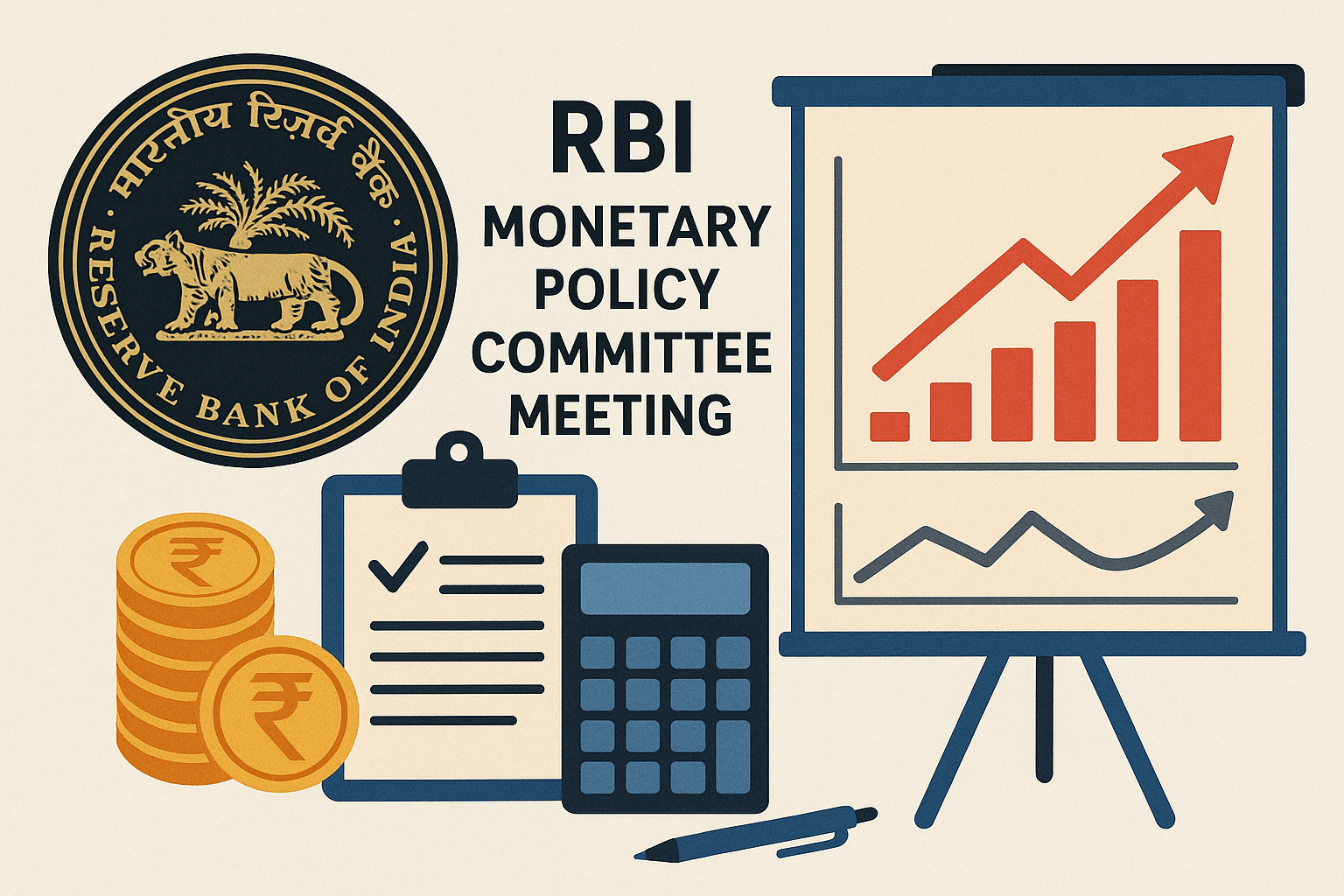The Raisina Dialogue has emerged as India’s flagship conference on geopolitics and geo-economics, bringing together global leaders to address pressing international challenges. This comprehensive article explores the history, objectives, structure, and significance of the Raisina Dialogue, providing valuable insights for competitive exam preparation.
What is the Raisina Dialogue?
The Raisina Dialogue is an annual multilateral conference held in New Delhi, India. Named after Raisina Hill, where the seat of the Government of India and the Presidential Palace (Rashtrapati Bhavan) are located, this prestigious event has established itself as a premier platform for international discourse since its inception in 2016.
Key Features:
Organizers: Observer Research Foundation (ORF) in collaboration with the Ministry of External Affairs, India
Model: Structured along the lines of Singapore’s Shangri-La Dialogue
Format: Multi-stakeholder, cross-sectoral discussions involving diverse global participants
Significance: Component of India’s “intelligence diplomacy” playing a crucial role in the national security framework
Objectives and Significance
Primary Objectives:
Address the most challenging issues facing the international community
Provide a platform for global dialogue on geopolitics and geo-economics
Foster multilateral cooperation and strategic partnerships
Promote a rules-based international order
Advance India’s strategic and economic interests globally
Significance for India:
Global Leadership: Positions India as a key player in shaping international discourse
Strategic Diplomacy: Enhances India’s diplomatic outreach and soft power
Policy Influence: Creates opportunities to influence global policy decisions
Knowledge Exchange: Facilitates exchange of ideas and best practices across nations
Multilateral Engagement: Strengthens India’s role in multilateral forums
Structure and Participation
The Raisina Dialogue brings together a diverse array of global stakeholders, including:
Heads of State and Government
Cabinet Ministers and Diplomats
Military Commanders
Business and Industry Leaders
Technology Pioneers
Academics and Researchers
Journalists and Media Representatives
Think Tank Experts
Civil Society Representatives
Youth Delegates
Recent editions have seen participation from over 100-125 countries, with thousands attending in person and millions more following the proceedings through digital platforms.
Historical Evolution: Editions of Raisina Dialogue
Raisina Dialogue 2016 (Inaugural Edition)
Date: March 1-3, 2016
Theme: “Asia: Regional and Global Connectivity”
Focus: Asia’s physical, economic, human, and digital connectivity
Notable Participant: Hamid Karzai, Former President of Afghanistan
Raisina Dialogue 2017
Date: January 17-19, 2017
Theme: “The New Normal: Multilateralism with Multipolarity”
Inaugurated by: Prime Minister Narendra Modi
Notable Participants: Included former Canadian PM Stephen Harper and UK Foreign Secretary Boris Johnson
Raisina Dialogue 2018
Date: January 16-18, 2018
Theme: “Managing Disruptive Transitions: Ideas, Institutions and Idioms”
Chief Guest: Benjamin Netanyahu, PM of Israel
Raisina Dialogue 2019
Date: January 8-10, 2019
Theme: “A World Reorder: New Geometries, Fluid Partnerships, Uncertain Outcomes”
Chief Guest: Erna Solberg, PM of Norway
Raisina Dialogue 2020
Date: January 14-16, 2020
Theme: “Navigating the Alpha Century”
Keynote Address: Australian Foreign Minister Marise Payne
Chief Guest: Scott Morrison, PM of Australia
Raisina Dialogue 2021
Date: April 13-16, 2021
Format: First virtual edition (due to COVID-19 pandemic)
Theme: “Viral World: Outbreaks, Outliers and Out of Control”
Chief Guests: Danish PM Mette Frederiksen and Rwandan President Paul Kagame
Raisina Dialogue 2022
Date: April 25-27, 2022
Theme: “Terra Nova: Impassioned, Impatient, and Imperilled”
Chief Guest: Ursula von der Leyen, President of the European Commission
Thematic Pillars: Included democracy, multilateralism, Indo-Pacific, health, development, and technology
Raisina Dialogue 2023
Date: March 2-4, 2023
Theme: “Provocation, Uncertainty, Turbulence: Lighthouse in the Tempest”
Chief Guest: Giorgia Meloni, President of Italy
Focus Areas: Neo Insurgence, Amoral Mosaic, Chaotic Codes, Pernicious Passports, and Grey Rhinos
Raisina Dialogue 2024
Date: February 21-23, 2024
Theme: “Chaturanga: Conflict, Contest, Cooperate, Create”
Chief Guest: Kyriakos Mitsotakis, PM of Greece
Participation: Over 2500 participants from about 115 countries
Thematic Pillars:
Tech Frontiers: Regulations & Realities
Peace with the Planet: Invest & Innovate
War & Peace: Armouries & Asymmetries
Decolonising Multilateralism: Institutions & Inclusion
The Post 2030 Agenda: People & Progress
Defending Democracy: Society & Sovereignty
Raisina Dialogue 2025 (Current)
Date: March 17-19, 2025
Theme: “Kālachakra – People, Peace and Planet”
Chief Guest: Christopher Luxon, PM of New Zealand
Expected Participation: Over 3500 participants from about 125 countries
Thematic Pillars:
Politics Interrupted: Shifting Sands and Rising Tides
Resolving the Green Trilemma: Who, Where, & How
Digital Planet: Agents, Agencies and Absences
Militant Mercantilism: Trade, Supply Chains & the Exchange Rate Addiction
The Tiger’s Tale: Rewriting Development with a New Plan
Investing in Peace: Drivers, Institutions, & Leadership
Conclusion
The Raisina Dialogue exemplifies India’s commitment to multilateral engagement and its aspiration to be a constructive force in global governance. As the conference enters its tenth year in 2025, it has firmly established itself as a vital platform for addressing complex international challenges through collaborative dialogue and strategic thinking. For aspirants of competitive examinations, understanding the evolution, structure, and significance of the Raisina Dialogue provides valuable insights into India’s foreign policy approach and its growing role in shaping the global order.


